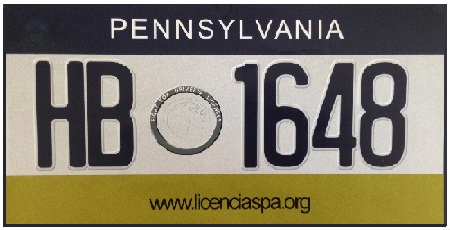The U.S. Citizenship and Immigration Services (USCIS) announced that they have reached the statutory maximum approval of 10,000 U-Visas (U-1 Nonimmigrant Status) for the 2015 fiscal year which started on October 1, 2014. There were so many applicants on the waiting list that the 10,000 cap was reached very quickly. Approval of U-Visa applications will not resume until Fiscal year 2016 which begins on October 1, 2015.
Family members who have been included on applications as derivatives do not fall into the 10,000 limit so if the primary U-Visa application has been approved, derivative application can still go forward for approval.
While the 10,000 cap for the 2015 fiscal year has already been reached, you may still submit an application for a U-Visa. USCIS will continue reviewing applications. If found eligible, you will be added to the wait list and there may be options available to you while your application is pending. Eligible applicants and qualifying family members must continue to meet eligibility requirements at the time the U-Visa is issued.
Each year, 10,000 U-Visas are available have suffered substantial physical or mental abuse as a result of having been a victim of criminal activity and who cooperate with law enforcement in the investigation or prosecution of the crime.
Murphy Law Firm can help you with your U Visa application. If you have been a victim of crime and think you may qualify, schedule a consultation to see how we can help.

